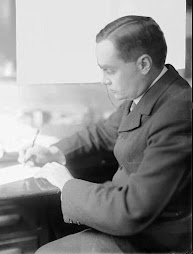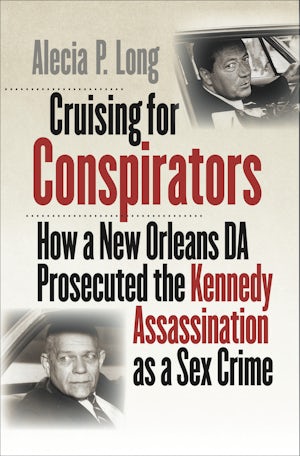Grace Watkins, a recent graduate from the Yale Law School and a DPhil student in History at Oxford University has published her note, Piety Police, in the Yale Law Journal. She received the Kathryn T. Preyer Scholars Award of the American Society for Legal History for the paper.
Religiously affiliated universities are permitted to maintain their own private police under the rationale that these departments serve an educational, rather than religious, mission. This Note calls that rationale into question by uncovering the history of the Brigham Young University Police Department’s (BYUPD’s) morals policing, which blurred the lines between the enforcement of the law and the school’s religious Honor Code. Drawing on extensive archival research and previously unexamined legal materials, this history reveals how the BYUPD waged vice- and sexual-policing campaigns that extended far beyond campus borders.
The Note argues that BYU’s religious affiliation shaped the methods, priorities, and powers of its campus police. In the 1960s, the BYUPD enlisted students and professors to assist with undercover drug operations, resulting in haphazard investigative tactics that disrupted campus life. During the 1970s, university administrators encouraged the BYUPD to aggressively police sexual morality. In response, campus officers used undercover student agents to conduct surveillance and sting operations targeting gay men living in Provo. Then, following a significant expansion of the BYUPD’s statutory authority in 1979, local residents reported that officers were using their law-enforcement powers to conduct Honor Code investigations off campus. In the 2010s, similar concerns resurfaced when it was discovered that a BYUPD officer had shared confidential police reports with administrators to punish victims of sexual violence for Honor Code violations related to their assaults.
Despite repeated attempts to separate the BYUPD’s law-enforcement and student-discipline functions, misconduct continued. This cycle suggests that the BYUPD’s religious and police duties are inextricably entangled. These findings provide a cautionary tale as more religious universities—and, more recently, megachurches—establish their own law-enforcement agencies nationwide. The Note concludes by mapping the legal landscape of this growing category of private police and reflecting on the inherent risks posed by departments acting under the authority of both church and state.
--Dan Ernst










